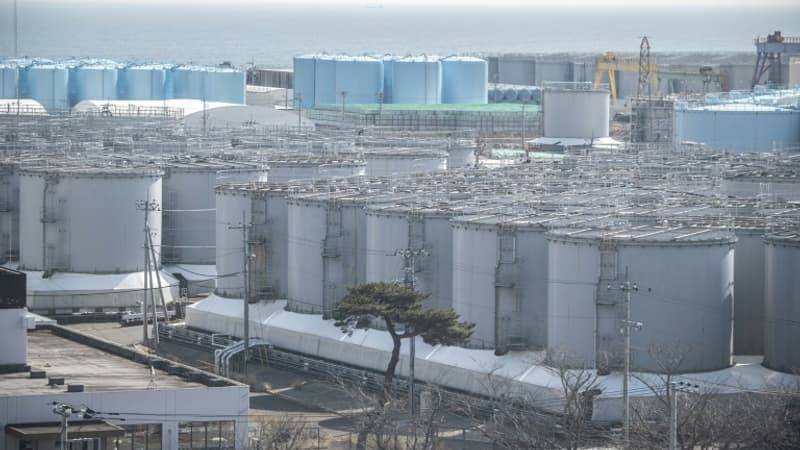Russia announced on Monday the suspension of all its imports of fishery products from Japan in response to the discharge of water from the damaged Fukushima nuclear plant into the sea, thus imitating China. The Russian agency for the regulation of agricultural products, Rosselkhoznadzor, has joined “China’s provisional restrictive measures on the import of fish and seafood from Japan” as of this Monday, it declared in a press release, specifying that it is of a “precautionary measure”.
“The restrictions will remain in force until the exhaustive information necessary to confirm the safety of seafood is provided (…),” according to the same agency. However, this is a very symbolic measure, since in 2022 Japanese fishery exports to Russia only amounted to 257 million yen, or 1.6 million euros at current prices, according to figures from Japanese customs.
Relations between Moscow and Tokyo are currently cold, and Japan has been involved in international sanctions against Russia since its invasion of Ukraine in early 2022. However, the Japanese archipelago has not given up its imports of Russian fish and other seafood: These even reached a record level of 155 billion yen (almost one billion euros) last year, according to Japanese customs.
1.3 million m3 of water discharged
The suspension of Chinese imports of Japanese seafood products is a much bigger blow to the Japanese seafood industry, because mainland China alone accounted for 22.5% of its exports in 2022. Since the end of August, Beijing has suspended all its imports of products fishing boats from Japan. in reaction to the beginning of the rejection of water resulting, in particular, from the injections necessary to cool the reactors of the Fukushima nuclear power plant, devastated by the gigantic tsunami of 2011 in northeastern Japan.
This process has been validated by the International Atomic Energy Agency (IAEA) and Tokyo assures that it is safe for the environment and human health. This water has been treated to eliminate radioactive substances, with the exception of tritium, a radionuclide that, according to experts, is only dangerous in very high and concentrated doses. For this reason, this water is diluted with seawater before being evacuated to the Pacific Ocean, so that its radioactivity level does not exceed the target ceiling of 1,500 Bq/L, that is, a level 40 times lower than the Japanese standard for this. type of operation.
In total, Japan plans to release more than 1.3 million m3 of tritiated water (containing tritium) from Fukushima into the sea – the equivalent of 540 Olympic swimming pools – but extremely gradually, until the early 2050s, according to the calendar. current.
Source: BFM TV


